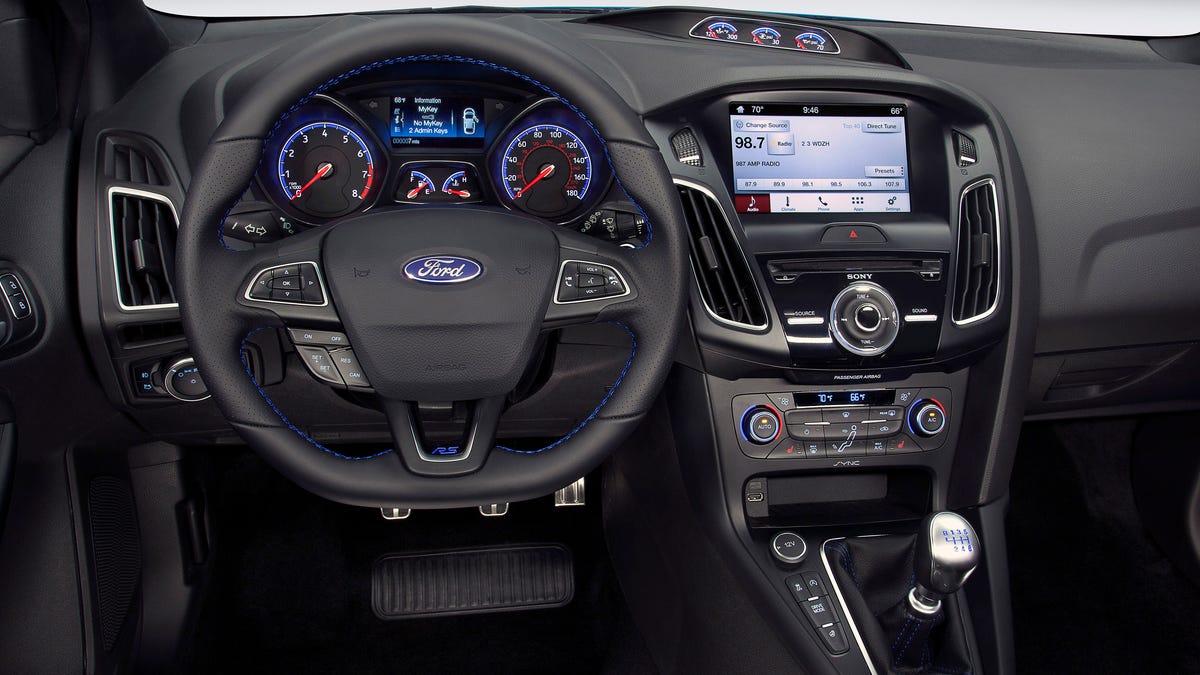Ford could replace your key fob with radio-button passcodes
Key fobs aren't the most secure things, but Ford's latest patent may have a novel solution to that.

A recent spree of car thefts with little more than a laptop is the latest evidence that wireless key fobs aren't exactly the safest option when it comes to keeping your car immobile. Ford thinks it has a unique solution in one of its latest patents, and all that's required is a series of random button presses.
The patent is titled, "Vehicle control action sequence for operator authentication." Basically, you can create a special passcode using various inputs, including radio control buttons and the brake pedal. The car won't start unless that passcode is used.
Copying a key fob code might be easy enough with the right access, but good luck trying to figure out Brake-Pause Track-Steering Wheel Volume Up-Brake.
The system can work with both keyless and keyed entry systems. It can also work without the key fob at all, so if you want to drive to the beach for a run, you won't need to carry your key and potentially lose it along the route. Primarily, though, it's to prevent vehicle theft.
The patent envisions taking things a step further with the help of built-in driver safety systems. Camera systems could be used as authenticators, giving an additional confirmation that the person behind the wheel is supposed to be there. At that point, it wouldn't matter who had the key, the car wouldn't start without an authorized user present.
I wouldn't call this a guaranteed future feature, though. Automakers regularly file for patents on technologies that will never see the light of day, if only to prevent others from capitalizing on those ideas. Nevertheless, I think it's an interesting use of existing technology to add an extra layer of security.

